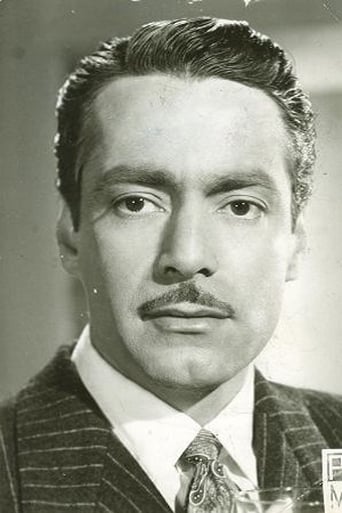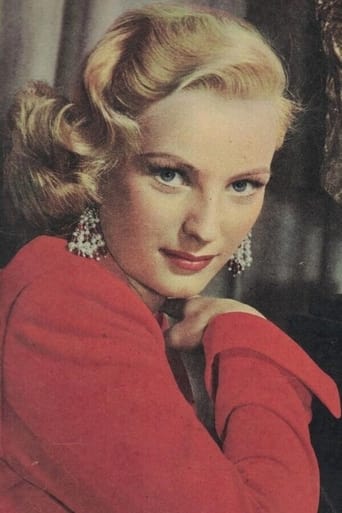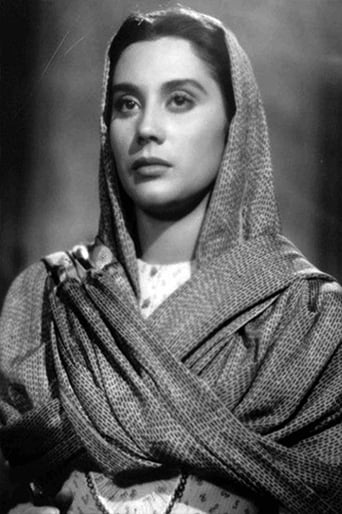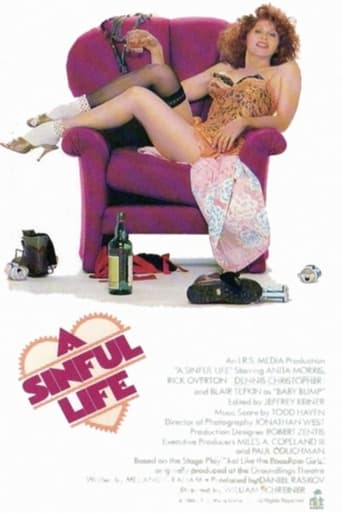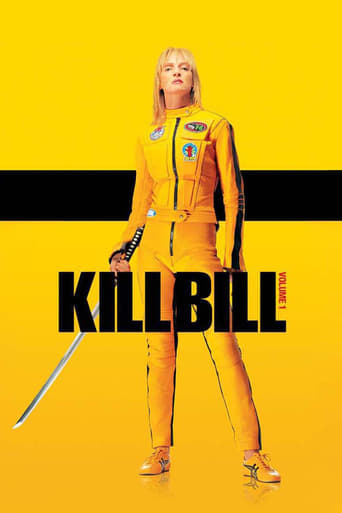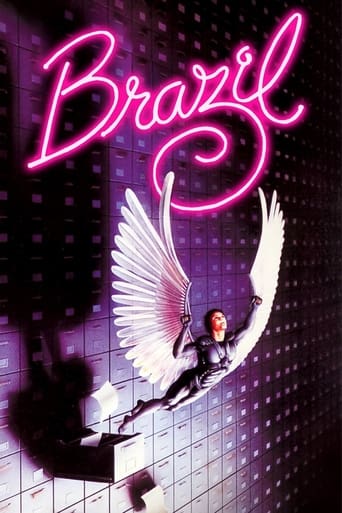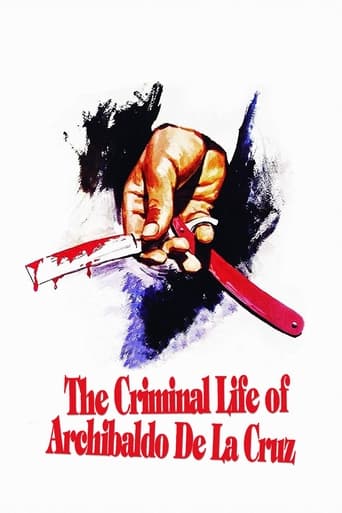
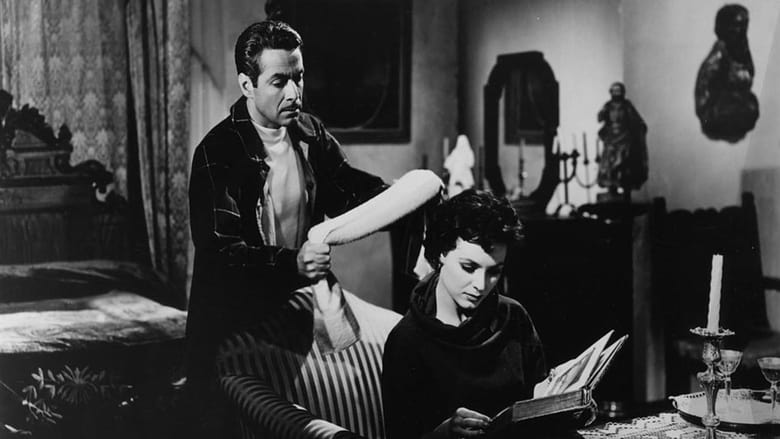
The Criminal Life of Archibaldo de la Cruz (1955)
A bizarre black comedy about a man whose overwhelming ambition in life is to be a renowned serial killer of women, and will stop at nothing to achieve it - but not everything goes according to plan...
Watch Trailer
Cast
Similar titles
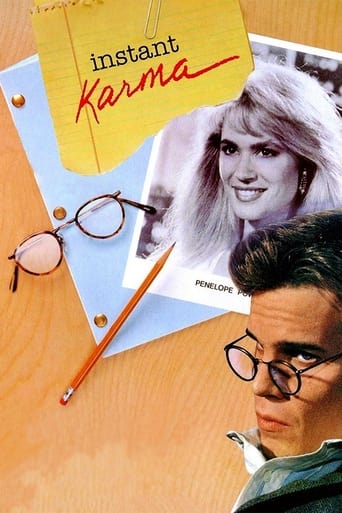


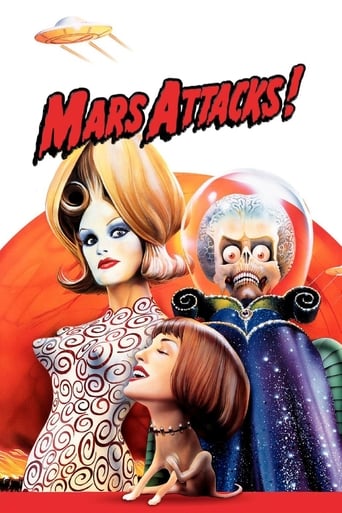

Reviews
I like the storyline of this show,it attract me so much
This story has more twists and turns than a second-rate soap opera.
A movie that not only functions as a solid scarefest but a razor-sharp satire.
Although I seem to have had higher expectations than I thought, the movie is super entertaining.
I have often cited this as my favourite Bunuel film and one of my favourite films of all. Watching it again after a period of some years, I am surprised that it seems so light and amusing instead of dark and dangerous. I suppose this is partly because when first seen the misogyny, the gleefulness at the prospect of killing a woman, is so shocking, that we notice less the playfulness. Whereas on a subsequent viewing we are less affected, having some idea how things pan out. Is this the only Bunuel film with a seemingly happy ending? There are still, of course, many shocking moments, like the bloody/sexy death of the woman looking after him as a child, the whole business concerning the mannequins (that seems burned in my memory for ever) and the most surprising early death of the nun/nurse. Maybe it's partly that when I watched this in my youth I rightly saw it as stunningly original and displaying conduct contrary to that shown elsewhere, whereas now the old cynic in me has been exposed to much more and is smiling throughout with barely a pause for a gasp. Always going to be fun to watch though.
My third Luis Bunuel film, and interesting enough, if not as good as the others I've seen so far (EL - ***, and BELLE DU JOUR - ***1/2). In this movie I missed being treated to some of director Bunuel's more representative stylish flourishes, and I didn't know quite what to make out of this erratic story about a laid back type of fellow who keeps getting the urge to murder the various women he encounters, only to have his plan sabotaged always at the last moment. I'm thinking this was intended to be a black comedy, but it didn't strike me as very humorous except in occasional moments. This seems more of a "middle of the road" Bunuel film, based solely on the few I've seen. The ending left me thinking about the female character (which I suspect may be the idea) but when I read the biography of the young actress Miroslava Stern and the circumstances of her premature death just two weeks after completing this film, it sort of gave me a chill... she committed suicide and was cremated. **1/2 out of ****
Adapted from a mediocre novel by Mexican playwright Rodolfo Usigli (gladly the only one he wrote) "Ensayo de un Crimen" gathers several of the worst cinematographic moments issued from such an uneven filmmaker as Luis Buñuel. Its many clumsy aspects are generously distributed on all areas of its making: there is not a single actor that can deliver his/her lines without sounding like your average end-of-semester College play. The scenery and decor are elementary and full of anachronisms. To mention just one, in the initial flashback Archibaldo (as a young child) is playing in the 20's with a Lionel train from the 40-50's! Buñuel's directing job is plainly bad, even if he tries to embellish it with a couple of his famous "oniric" sequences that just don't work here.Maybe the worst part of all is the script. There's not a single line that doesn't sound corny and forced. Here's to those who watched the film with the benefit of translated subtitles or dubbed into a foreign language: I envy you. In Spanish, the dialogs are plainly awful.However, the most remarkable feature is the enormous amount of praise this unholy stinker has received during its 50 years of existence! Undoubtedly this shows that to most moviegoers and critics -moviegoers of the Summa cum Laude species, I guess- suppose that the sole name of a famous filmmaker must mean you're watching a work of art.To this I must add that practically none of the movies that Buñuel filmed during his stay in Mexico is a true masterpiece. Even the celebrated "Los Olvidados" is sadly marred by an unabashed pamphlet scene extolling the social merits of the Juvenile Delinquent re-adaptation centers issued from the government of President Cárdenas. Maybe Buñuel considered necessary giving a little lick to the hand that was feeding him at the moment...
"Ensayo de un Crimen" describes a man that after a childhood experience intimately connected with a music box revels in murder dreams - sex, pleasure and murder being intimately linked: In the time of the Mexican revolution his baby-sitter was killed by a stray bullet in front of him. As she is lying there dead and defenseless, blood running down her throat, going down her thighs, the boy feels deep pleasure and power. All this is punctuated by the sound of a musical box. In the chaos of the times the musical box disappears and these feelings are buried and forgotten. One day, Archibaldo de la Cruz, already a grown man, finds that musical box in a shop and, barely concealing his excitement, buys it and his old dreams come to the surface again.In the beginning of the film (after a mysterious accident suffered by a nun), he goes to the police station in order to confess a murder and tells the story of his life to the police chief. His life is shown in flashbacks and shows the life he led and the women he met. From now on it is difficult to tell reality from dreams.Buñuel is a very good actor's director and aptly describes the straight-jacket morality of the time where official marriage is mandatory (for women this is like a prison where the warder is her husband), and the icons of the catholic church are a dominant presence. Here are the essential elements present in the films of Buñuel. Fantasy/ Reality, double-standard morality and the church - the only road to freedom seems surrealism, fantasy overtaking reality.Buñuel's films are sensuous and full of atmosphere and here as usual reality is not what it seems. Even if he, in his early Mexican films, seems to make concessions to the producers, you will notice under the surface all the themes that obsessed Buñuel and that would come to the foreground in films like "Viridiana", "El Angel Exterminador", "Belle de Jour" etc..
